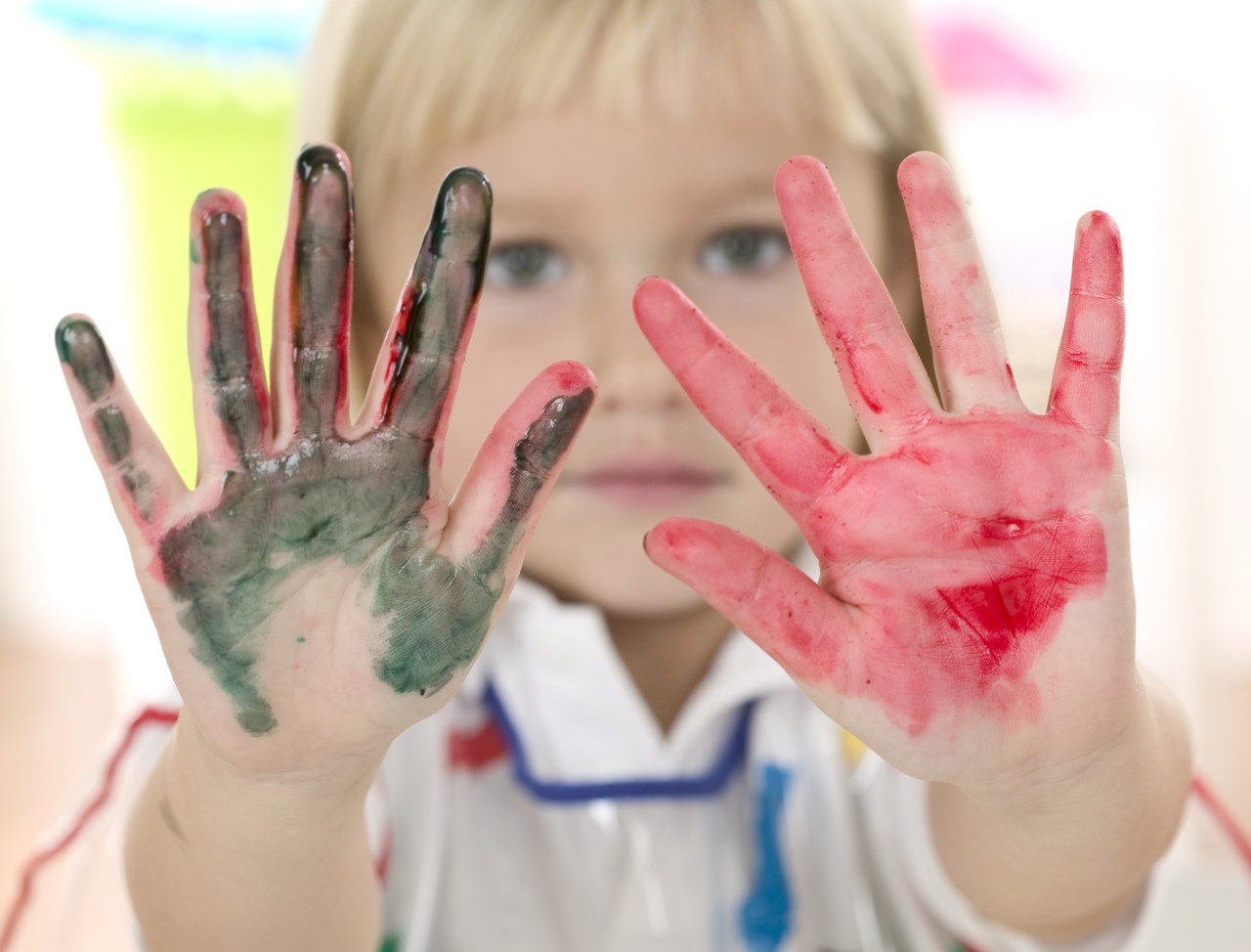I went to a library conference last weekend and was so excited to discover another adult who loves children's books as much as I do. When people ask me my favorite books, my mind automatically goes to picture books for children. So much can be said in the pictures and few words of these short books.
Yoko's Show and Tell by Rosemary Wells certainly fits that category. Children familiar with, and new to Yoko stories will be able to relate to the emotions in this story. Yoko receives a doll from her grandmother and then, ignoring her mother’s words takes it to school for Show and Tell. The antique Japanese doll is all but ruined. In this story Yoko goes through emotions of elation, fear, regret, sadness and more. It’s hard to imagine a child who will not emotionally related to this story in some way.
The follow ups to reading this book are numerous. Children can tell their own stories of a time when they experienced the emotions in the book. They could make emotion posters or create class books about how to help others who feel sad. Some teachers may want focus on problem solving with children as they discuss the bullies who mistreat Yoko’s prized possession.Others may have classes who need to learn to identify emotions in others. These teachers could take photos of children in their class expressing different emotions and use them in a matching game. Adults might also help children learn about others by spending some time discovering words others use for their grandparents. At the front of the book there is information on Japanese Boy’s Day and Girl’s Day celebrations. This would be a wonderful book to include in any discussion of celebrations. It can sometimes be challenging to teach children about other countries without doing falling into using stereotypes, but books such as the Yoko books place that learning in context. Last but not least, it is a great book to teach about the concept of a story, there is a problem and a solution, and a clear beginning, middle, and end.

Sunday, May 15, 2011
Let's Try Something New!
While some children can’t wait to try new things, others shy away. In both cases learning about the situation beforehand makes children more confident. New experiences, even those to which we look forward can be a scary. For some children that fear keeps them from even trying, for others it sets in right in the middle of the experience.
Little Critter Sleeps Over by Mercer Mayer gives adults a good opportunity to casually introduce and discuss new experiences. It is a short fun book, but packed with lots of learning opportunities, even for those not going on a sleepover anytime soon. After reading the story, children could draw pictures of their own house and Kidwrite about what kinds of things they do for fun. Sharing these in small groups will give children a comfortable topic to share, while teaching others about the differences and similarities in homes. Teachers may want to extend this to a “sleepover” day when children wear their sleep clothes and bring a stuffed animal. Others teachers may find that inviting another class for a “play date” or “tea party” is the perfect learning activity for their group to practice manners and learning about others. Role playing situations move l earning from an auditory experience to a kinesthetic one.
Little Critter Sleeps Over by Mercer Mayer gives adults a good opportunity to casually introduce and discuss new experiences. It is a short fun book, but packed with lots of learning opportunities, even for those not going on a sleepover anytime soon. After reading the story, children could draw pictures of their own house and Kidwrite about what kinds of things they do for fun. Sharing these in small groups will give children a comfortable topic to share, while teaching others about the differences and similarities in homes. Teachers may want to extend this to a “sleepover” day when children wear their sleep clothes and bring a stuffed animal. Others teachers may find that inviting another class for a “play date” or “tea party” is the perfect learning activity for their group to practice manners and learning about others. Role playing situations move l earning from an auditory experience to a kinesthetic one.
Subscribe to:
Comments (Atom)

